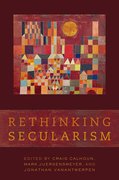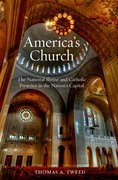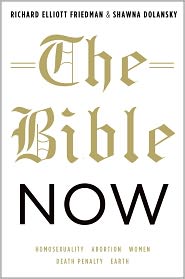The suspicious revolution: an interview with Talal Asad
By Nathan Schneider
Not long after his return from Cairo, where he was doing fieldwork, I spoke with Talal Asad at the City University of New York’s Graduate Center, where he is Distinguished Professor of Anthropology. Distinguished indeed: with books like Genealogies of Religion and Formations of the Secular, as well as numerous articles, Asad’s work has been formative for current scholarly conversation about religion and secularity, stressing both
















